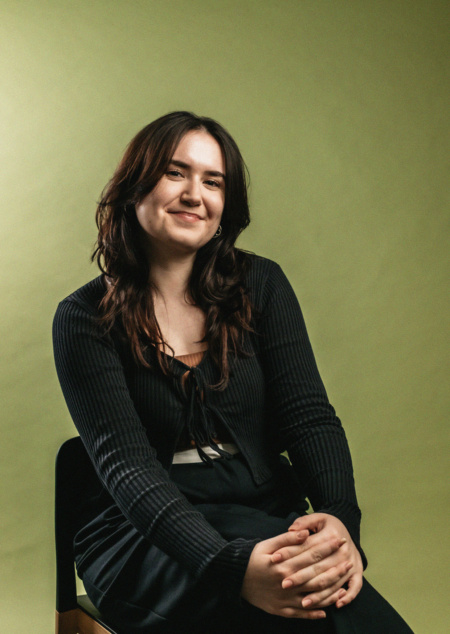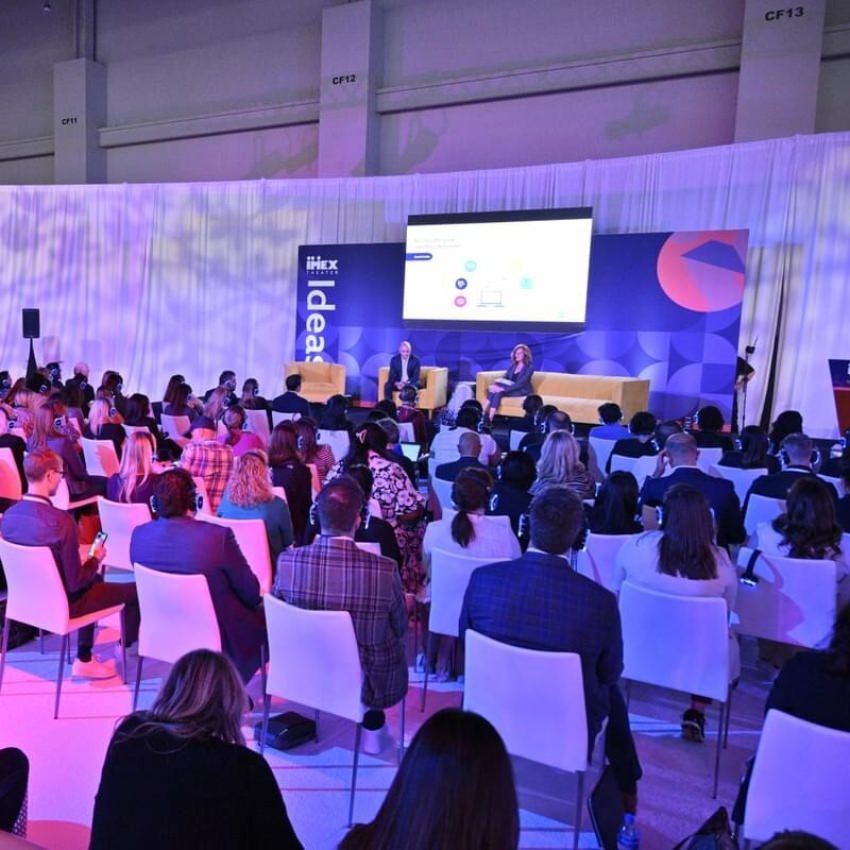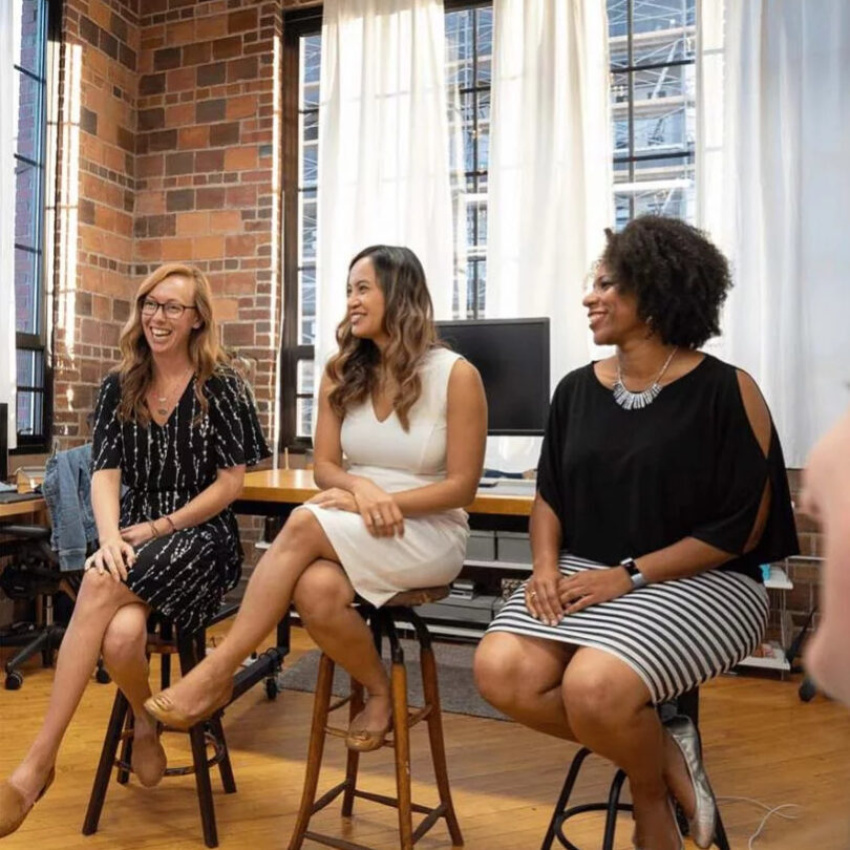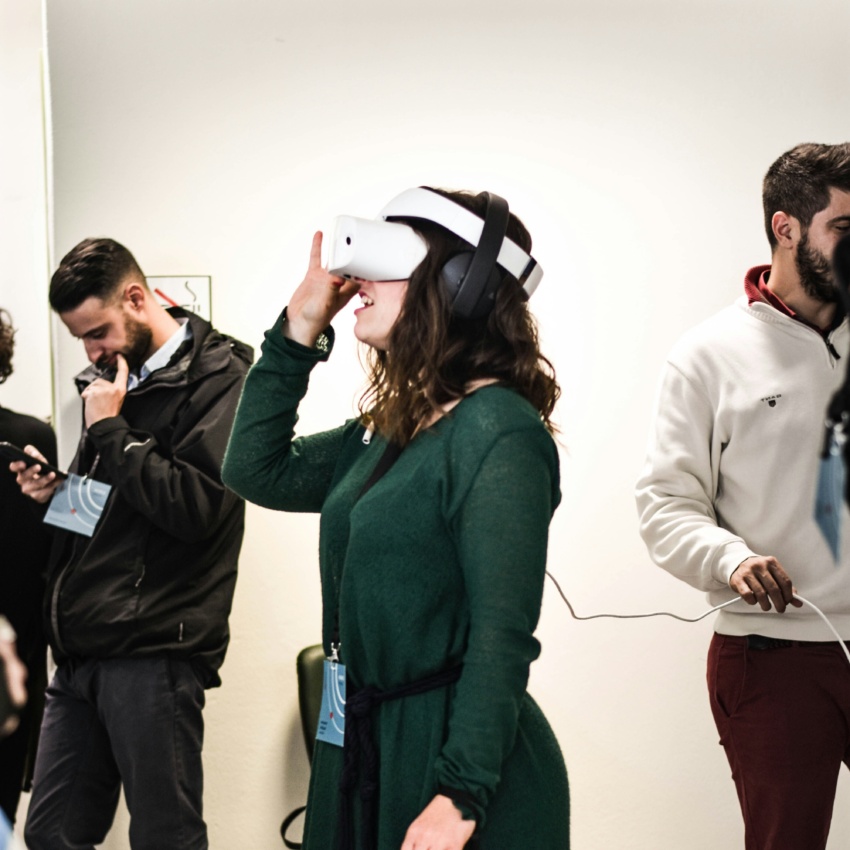Hybrid and virtual events: the benefits and challenges of a new event format
For hybrid meetings and events to create unique and valuable experiences, they must focus on three things:
Shrinking the distance
Building a 365 always-on community
And a mindset shift from a 2D world to a 360° one.
Hybrid seems to be trendy now because, for many, the uncertain future of in-person events and the ever-changing world of virtual everything is overwhelming. Focusing on hybrid allows for overarching statements such as “the best of both worlds.”
The mistake most are making when they get excited about the hybrid future is to connect the worlds that existed before the shutdown—linking in-room offline attendees with the virtual audiences and believing that content and the speakers can bring both worlds together interacting as a group.
Virtual events can cause fatigue
Zoom fatigue, boring webinars, and underwhelming virtual events are what we’ve been living with for the last nine months. This shouldn’t come as a surprise – we’ve undervalued the virtual experience for the previous ten years, believing we could repurpose what we did offline. It would be magical and unique online.
The hard truth is that the meetings and events world will never go back to the way of the old. The attendees of the future have witnessed the good, bad, and ugly of a virtual experience, while many are discovering how to supplement what they thought was only available in offline conferences and meetings.

Redesigning hybrid strategies to engage audiences
As with cloud computing and digital marketing, the idea of more possibilities, thanks to online, will inadvertently lead to making decisions that make our interactions feel less human. It might increase the difficulty in building trust with our new audience, and ultimately weaken our connection with the existing audience we’ve worked so hard to make.
I believe shrinking the distance must be our focus and top priority. To do so, we must redesign our hybrid strategy to create a centralized mobile-first hub that the hybrid attendees will experience. And connect the online virtual world to the offline in-person experience.

Building a 365 always-on community in the meetings and events industry
For the past ten years, when someone mentioned the need for an event to have a community, the simple solution was to create a Facebook group or website forum and call it a community. It prioritized the months leading up to the event, the days of the event and then until the event surveys were submitted. The rest of the time, it became a random dumping ground for event marketing and networking spam from attendees.
Yes, communities can and do live within Facebook groups and website forums, but for these communities to be a success and indeed be 365 always-on, they must be empowered to grow rather than build. We must build event communities centered around the attendees’ shared passions and common purposes.
Ultimately if the community is designed to grow and has proper investment it will be the glue and the lifeline that allows for future pivots and unforeseen changes that happen in the future.
Virtual events can’t always replace the in-person experience
There are several reasons virtual events, webinars, and online meetings haven’t replaced offline events, conferences, and meetings over the past ten years. The main reasons are the lack of time and resources from all parties, from production to planning to platforms to speaker presentations. These reasons created a very low baseline of expectations when it came to virtual events and stifled any innovation or dedicated redesign of what was possible virtually.
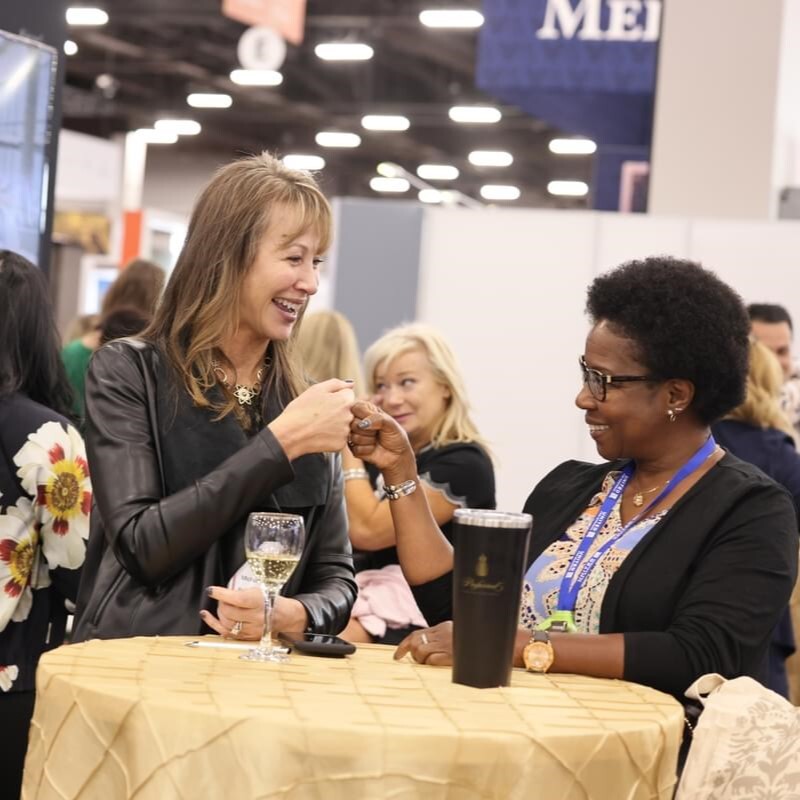
All of this is great but is only transformational for hybrid events if we are willing to not limit that re-invention to virtual by looking at every aspect of an offline meeting and event. This starts with asking ourselves important questions such as:
- Why does this concept exist, is it needed, and if so, how can we reinvent it?
- How can we leverage new technology not only to create new experiences but to simplify existing processes?
- What role does educating our audience and managing expectations play in the success of our hybrid event, and how can we do that bigger and better?
I do believe hybrid events are the future in the short term and the long term. But to avoid the mistakes of other industries, we must manage expectations, focus on redesigning over repurposing and prevent the band-aid ideas of “more is better” and the concept of “best of both worlds” from driving us to merely bridging a gap.
